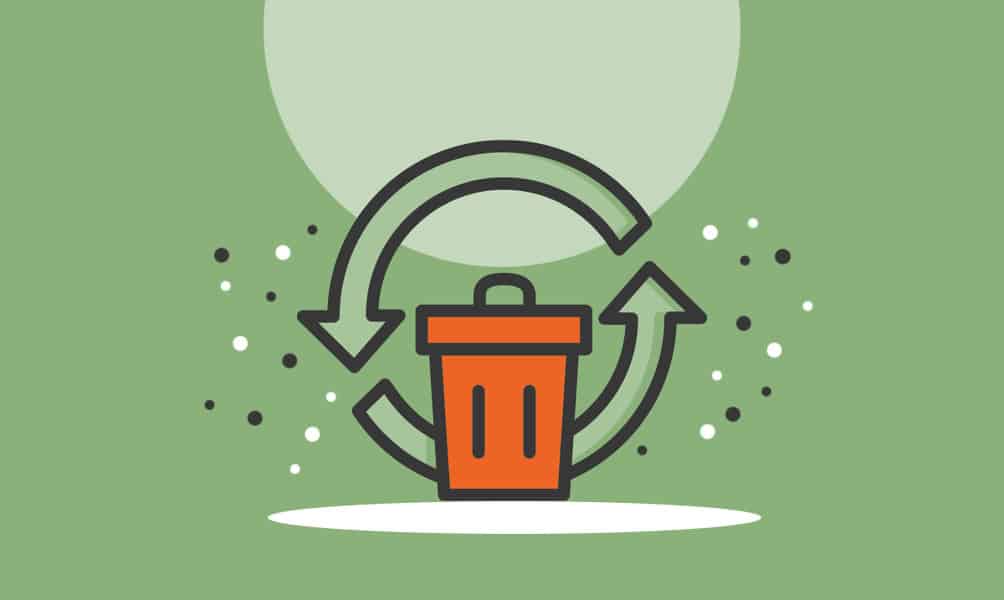Due to environmental concerns, legal constraints, and the need for effective disposal options, waste management businesses are rapidly expanding. Those wishing to enter this industry will discover opportunities in waste processing, recycling, and collection. Starting a waste management company, however, calls for strategic execution, regulatory compliance, and careful planning.
Understanding the Waste Management Industry
One should be aware of the various waste categories and their handling policies before starting a waste management company:
- Everyday household and business waste is classified as municipal solid waste.
- Industrial waste, which often requires specific disposal techniques, consists of manufacturing waste.
- Medical, chemical, and toxic waste, which must adhere to stringent restrictions, is considered hazardous waste.
- Building and demolition waste consists of recyclable materials like concrete, wood, and metal.
- Electronic waste, or e-waste, refers to the disposal of used electrical equipment and appliances that require specific recycling techniques.
- Biodegradable waste, including culinary leftovers and garden waste, can be composted.
Understanding these categories will enable you to determine the extent of your waste management company and spot the most profitable market sectors.
Market Research
Understanding demand, target audience, and competition all depends on thorough market research. Important things to consider:
- Note that recycling and waste disposal regulations vary by location.
- Look into current waste collection and disposal programs to grasp competitiveness.
- Find out whether the company will service commercial clients, businesses, or homes.
Examining these elements helps you create a business model fit for regulatory criteria and market needs.
Meeting Legal and Regulatory Requirements
Running a waste management business means negotiating several environmental and regulatory rules. Important actions include:
- To operate legal waste disposal and recycling businesses, companies must obtain the required licenses from national or municipal authorities.
- Compliance with environmental rules and sustainability criteria depends on correct disposal methods, transportation, and waste treatment.
- Protection of the company from legal lawsuits resulting from incorrect waste management depends on liability insurance.
- To guarantee effective waste disposal, partnerships involving processing facilities, recycling centers, and landfills should be managed.
Adhering to these rules guarantees that your waste management company operates ethically and legally.
Choosing a Business Model
There are several ways to set up a waste management company, depending on your experience and the market demand:
- Franchise Model: Buying into an established waste management brand.
- Independent Startup: Building a waste management company from scratch.
- Government Contracting: Partnering with municipalities to handle waste collection.
- Recycling and Upcycling Business: Collecting and repurposing waste materials.
- Subscription-Based Services: Charging businesses or households a monthly fee for waste collection and recycling.
Choosing the correct business model will define your operating arrangement and product offers.
Investing in Equipment and Infrastructure
Collection, transportation, and processing in a waste management company call for certain tools. Important purchases include:
- To carry waste products to approved disposal sites, waste trucks and collecting vehicles are required.
- Recycling and sorting tools help to properly recycle goods by effectively separating them from ordinary waste.
- Shredders and compactors help reduce waste volume, thereby facilitating the handling and transportation of materials.
- Purchasing protective gear to ensure safety while handling hazardous materials.
Developing an Efficient Operations Plan
In a waste management company, efficiency is essential if one is to maximize logistics and save running expenses:
- Effective planning of waste-collecting paths helps to lower fuel prices by means of efficiency.
- To guarantee correct disposal, agreements with processing facilities and recycling centers are developed.
Streamlined operations guarantee regulatory compliance and increase profitability.
Marketing Your Waste Management Business
Some successful marketing strategies include:
- Drawing in possible clients by raising visibility and search engine results with SEO-driven content.
- Establishing alliances with companies and municipalities needing waste services can help your local clientele and network grow.
- By running waste-reducing and recycling-oriented educational programs, one can increase awareness of sustainable behaviors within society.
- Sharing educational materials of waste management techniques on social media will engage and inform nearby audiences about responsible waste handling.
Good execution of a marketing plan guarantees brand recognition and long-term expansion.
Overcoming Challenges in the Waste Management Industry
Although running a waste management company has difficulties, proactive plans can help resolve them:
- Educating yourself on evolving environmental rules to overcome strict regulatory compliance.
- Putting money into energy-saving tools and fuel-efficient cars helps control running expenses.
- Increasing public awareness and education by encouraging appropriate waste disposal techniques.
Future Trends in Waste Management
With sustainability projects and technology developments, the waste management industry is changing. Important tendencies consist of:
- Waste management efficiency is raised via IoT-based waste containers and AI-driven sorting systems.
- Waste-to-energy technologies convert waste into renewable energy.
- Practices of the circular economy involve waste reduction, material reuse, and recycling to advance sustainability.
- Government incentives for environmentally friendly waste management techniques include subsidies and tax rebates.
Conclusion
Starting a waste management business needs thorough planning, regulatory compliance, and strategic execution. Those who give efficiency, sustainability, and customer satisfaction first priority will create a successful company and assist in the preservation of their surroundings. The waste management sector offers great prospects for development and influence depending on the correct business model, tools, and marketing strategy.









